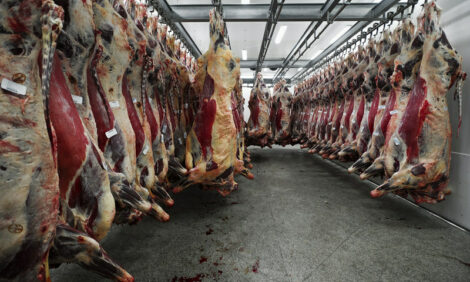



USGC Sends Grain Storage Expert To Panama, Guatemala
US - Importing 2.4 million metric tons (94.5 million bushels) of US corn in 2009, Central America remains a key market for US producers.As part of the US Grains Council’s marketing strategy, the Council recently sent a grain storage science specialist to Panama and Guatemala to respond to complaints about the quality of US grain shipments to each country. Dr Carl Reed from Kansas State University’s International Grains Programme met with Central American feed millers to address their concerns.
“This was an educational trip for us, and we feel very good about the interviews we conducted,” Mr Reed said. “We now have a better understanding of the limitations our clients face in terms of grain handling; we are aware of the doubts technicians have and their concern as to why certain phenomenon gives them trouble.”
According to Kurt Shultz, USGC regional director in Latin America and the Caribbean Region, conversations with feed mill technicians revealed that issues surrounding US corn quality varied from shipment to shipment. “Some feed mills had very good grain quality laboratories and sophisticated management plans to respond to and manage quality from receipt through the final product,” he said. “These feed mills had minimal grain quality complaints. The feed mills that did not have a grain quality control system were the primary sources of grain quality complaints, however they had difficulty articulating their exact concerns – whether it was dusty corn, broken kernels, mycotoxins or storage issues.”
Both Mr Reed and Mr Shultz said the lack of in-plant quality control programs highlighted the need for feed mill quality control personnel training. As a result, the Council will host 20-25 technicians from the Central American feed milling industry for a training programme in May at Kansas State University’s International Grains Program. The workshop will focus on harmonising grain grading standards with the US Federal Grain Inspection Systems’ standards and will instruct participants on how to improve grain quality control strategies at individual feed mills.
It is felt that by improving the analysis and control of grain upon arrival at the feed mill that grain quality concerns can be minimised. This will ultimately benefit US exporters and regional feed mills by improving quality control and improving the understanding of US corn grading standards, which are an essential element of the global grain trade.
TheCattleSite News Desk


